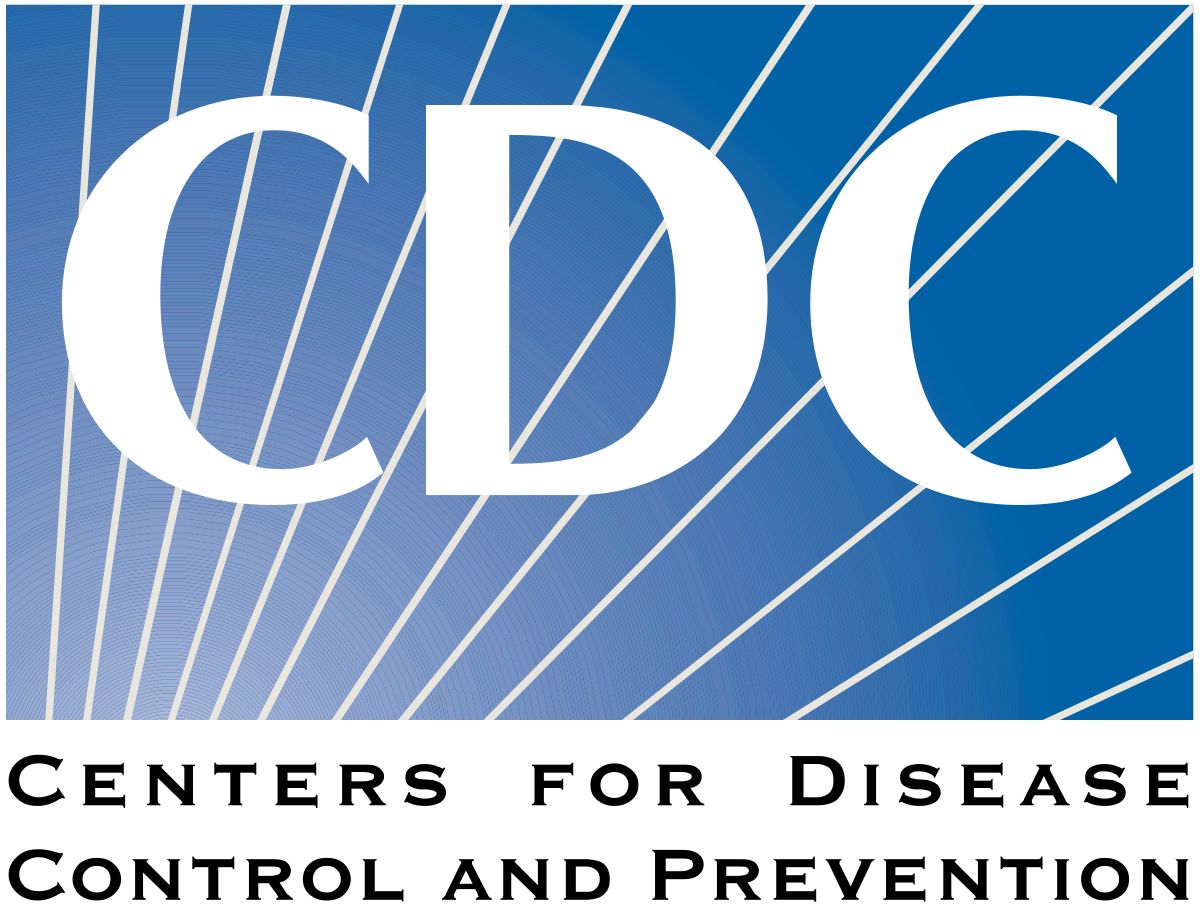HIV Patient Reports Show Increased Physician Referral to ART
The CDC found that "provider-advised deferral" of HIV antiretroviral therapy occurring less, but that US still far from goal of universal prescribing.

A new study from the US Centers for Disease Control and Prevention (CDC) found there has been a decrease in "provider-advised deferral" of HIV antiretroviral therapy (ART), but that this and other reasons for ART deferral remain barriers to the goal of universal prescribing for all clinically-eligible people with HIV.
"HIV patient reports suggest that US providers are recommending ART for more patients, perhaps reflecting increasing adoption of the 2012 universal prescribing guidelines," Linda Beer, PhD, Epidemiologist, Division of HIV/AIDS Prevention, CDC, Atlanta, GA, told MD Magazine®.
That said, more work may be needed to address barriers to ART use, Beer added—particularly those associated with financial barriers, mental health, and substance abuse.
Beer and colleagues accessed data from the Medical Monitoring Project, a national HIV surveillance system, to determine trends in provider-advised ART deferral in the US from 2009 - 2014. They identified a cohort of 28,124 individuals as a cross-section of HIV patients in the US, calculated the overall percentage deferring ART in each year, and determined their reasons for deferral.
The investigators reported that from 2009 - 2014, the proportion of HIV patients deferring ART decreased from 12% (95% confidence interval [CI]: 11-13) to 4% (95% CI: 3-4). The principal patients’ reasons for deferring ART in 2009 were: provider-advised (67%), feels healthy (9%), side effects (7%) and other reasons (13%) including: depression, worry about adherence, denial, drinking or using drugs.
Inadequate funds or insurance was cited in 3% of the reasons given, but the investigators qualify the estimate as unstable due to having too small a sample size. The investigators characterized those reporting "other reasons" for ART deferral were less likely to be virally suppressed and more likely to have inconsistent care, depression, and to binge drink and use illicit drugs.
The high prevalence of mental health and substance use issues among those citing "other reasons" could reflect their decreased access to care and limited opportunity to interact with providers, they noted.
By 2014, provider-advised decreased to 40% of the reasons for ART deferral, but remained the leading reason followed by other (25%). Inadequate funds or insurance increased to 14%, along with feels healthy (14%), and side effects remained constant (7%).
"It’s important for providers to remember that even among those with coverage, medication co-pays may be a barrier," Beer said, "and that referrals to case management can help patients to navigate both the financial and insurance barriers to ART use."
The investigators suspected multiple factors underlie provider-advised deferral, and urge additional efforts to improve care engagement. Of particular concern was finding an association with patient race, which they suggest could reflect communication breakdown between providers and patients of different race or ethnicity.
"The study did find that black HIV patients were more likely to report provider-advised ART deferral compared with patients of other races or ethnicities," Beer said. "This may be due to racial or ethnic differences in patient-provider communication, as studies have found more provider verbal dominance and less patient provision of information in medical encounters with black compared with white HIV patients.”
She suggested that providers may find it useful to reflect on their communication methods when discussing ART initiation with their patients.
The study, “Trends in Provider-Advised HIV Antiretroviral Therapy Deferral in the United States, 2009-2014,” was published online in AIDS Care.